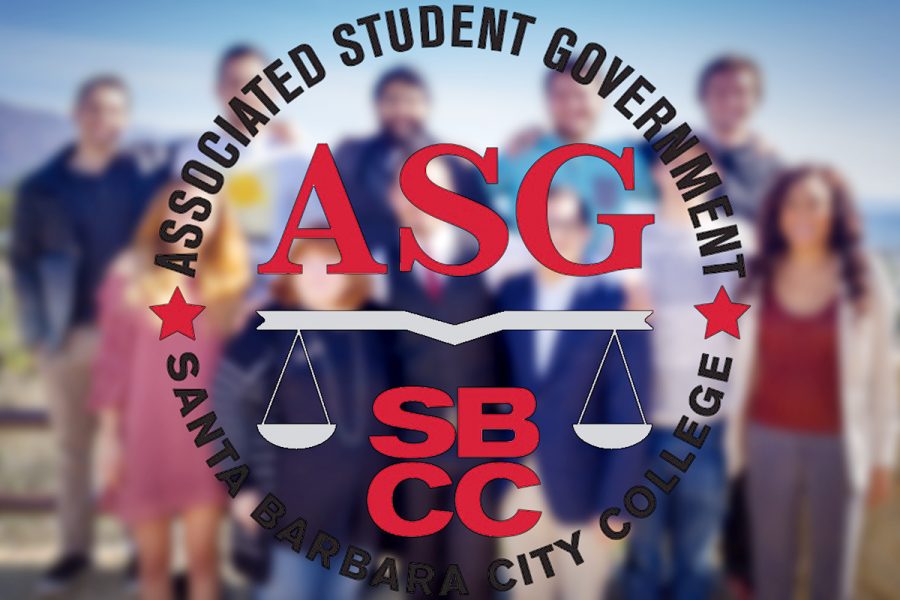A limited Associated Student Government board of three students convened Friday morning to discuss appointing students for filling vacant positions and adopting an anti-racist curriculum.
This number can be compared to the 14 senators listed on the roster at the end of the spring semester.
This senate currently consists of President Carson Mitchell—the sole member returning from last semester—Vice President of Internal Affairs Luca Ferrel and Student Advocate Suzanne Obado.
Most of last semester’s student senators transferred to four-year institutions, while the few others remain at City College but are too busy to continue serving in the student senate.
There has also been difficulty finding new applicants due to pandemic and the semester moving almost every class online.
“We already had an uphill climb when it came to outreach,” said Student Program Advisor Amy Collins. “With this being online now it’s perhaps less noticeable that we have a governing body on campus.”
Applications for senator positions closed on Sept. 4, though the deadline could be extended if there is an insufficient applicant pool . Applications will be reviewed and interviewed by the three current senate members, and new appointees will be voted on at the Sept. 11 meeting.
Collins said that if there is widespread concern among constituents about the three student senators being the only deciding body on new candidates, they might look into having campus-wide elections.
Mitchell, the newly promoted President, specifically hoped to fill the positions of Commissioner of Accessibility and Student Advocate, two relatively new positions that have been reworked for the Fall 2020 semester.
The Commissioner of Accessibility is to be the senate’s resource for anything related to the Americans with Disabilities Act or the Health Insurance Portability and Accountability Act while also working to make City College more accessible for students.
The position was created in the spring semester, and was filled only a few weeks before the semester came to an end.
The Student Advocate is to reach out to the student body to receive feedback about both the school in general and the student senate.
Mitchell said his focus for the senate this semester was to “Improve equity, diversity, and inclusion and promote accessibility and awareness.”
Part of this initiative began during this meeting, which also included discussion about offering an equitable anti-racist leadership course titled “Race, Power, and Prejudice.”
The course, from SpeakOut E-Courses, “Offers creative and relevant introductory curriculum that provides students with the fundamentals of how interpersonal and systemic racism function, and how we might begin to imagine a safe and equitable world for all.”
Mitchell described the course as, “not a solution to all our problems, but a good first step.” In future meetings the Student Senate will discuss ways to implement the course on campus.
The senate will reconvene on Sept. 11.








